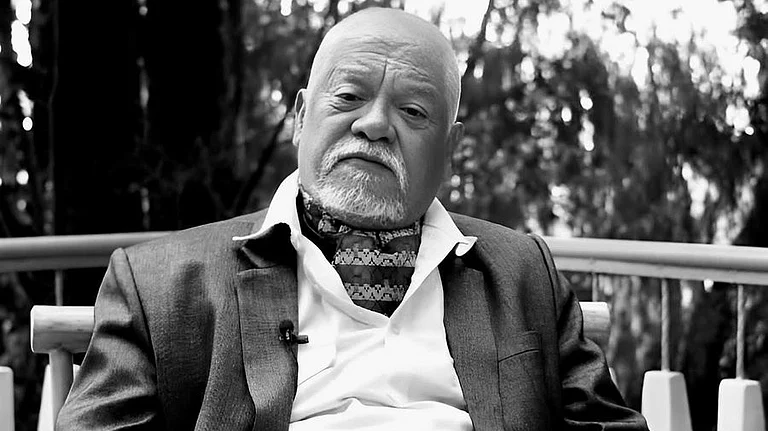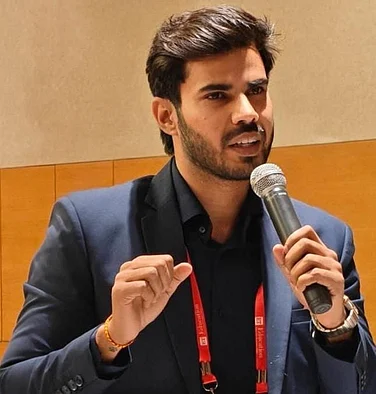When global retailers and banks lose even a few minutes to downtime, the cost is not only measured in millions of dollars, it is also measured in trust. In today’s always-on economy, the systems powering daily life must not only work, they must work flawlessly. For Sunil Agarwal, a U.S. based Software Engineering Technical Lead, resilience is not an afterthought. It is the foundation on which trust, commerce, and human connection depend.
“I have always believed that reliability is not just about uptime,” Agarwal explains. “It is about protecting confidence. When technology fades into the background and people simply trust it, that is when engineering succeeds.”
From Engineer to Thought Leader
Agarwal has quickly emerged as one of the most influential voices in the field of site reliability engineering. His widely cited research, “AI Driven Incident Management in Microservices: A Scalable and Cost Effective Framework for Proactive Site Reliability” (International Journal of Computer Science and Engineering), has been recognized as a defining contribution. In it, Agarwal tackles one of the industry’s biggest blind spots, the tendency to react to failures rather than prevent them.
His framework does what traditional reliability engineering often struggles to achieve, moving from reactive firefighting to proactive AI powered resilience. By embedding anomaly detection, intelligent alert correlation, and autonomous remediation, his model enables enterprises to cut resolution times by more than 60 percent while reducing recurring incidents nearly by half.
But for Agarwal, the achievement is not only in the numbers. “What excites me most is when engineers can stop firefighting and start innovating again,” he says. “AI can take away the repetitive triage and give back the creativity.”
Building Reliability at Scale
Unlike many academic models that remain confined to theory, Agarwal’s approach thrives in production. He has designed systems that operate seamlessly in hybrid and multi cloud environments, drawing from telemetry pipelines that integrate logs, traces, and performance data. Using advanced AI methods including Graph Neural Networks and Long Short Term Memory models, his solutions achieve accuracy rates above 90 percent in predicting and resolving incidents.
Equally important, his designs are cost conscious. In an era of tightening budgets, Agarwal’s framework leverages serverless processors and auto scaling inference endpoints, proving that resilience can be both scalable and economically viable.
Industry analysts have described his work as “turning AI from a buzzword into a trusted partner for resilience.”
Beyond Technology: A Responsibility to Society
Agarwal is quick to point out that the impact of resilience goes beyond corporate efficiency. In healthcare, where downtime can affect lives, or in financial services, where seconds of disruption ripple across global markets, his ideas have direct national and global importance.
“The ability to self heal before failure cascades into crisis is not futuristic anymore,” Agarwal emphasizes. “It is essential. Every sector, from hospitals to airlines to retail, depends on it.”
This perspective has made his work resonate across academic circles, enterprise boardrooms, and policy discussions alike. Scholars see his frameworks as a bridge between theory and practice. Industry leaders view them as blueprints for safeguarding mission critical operations without escalating costs.
The Verdict
What sets Agarwal apart is not just technical brilliance but his ability to unify three roles: engineer, scholar, and strategist. Many excel in one, he consistently brings together all three. His frameworks are influencing how reliability is measured, how enterprises design their systems, and how societies protect their digital lifelines.
“Resilience is about more than machines,” Agarwal reflects. “It is about people. When systems stay up, businesses thrive, and lives are uninterrupted. That is the responsibility we carry as engineers.”
It is this blend of rigor and responsibility that makes Sunil Agarwal not merely a contributor but a standard bearer for the future of resilience in the digital age.


























